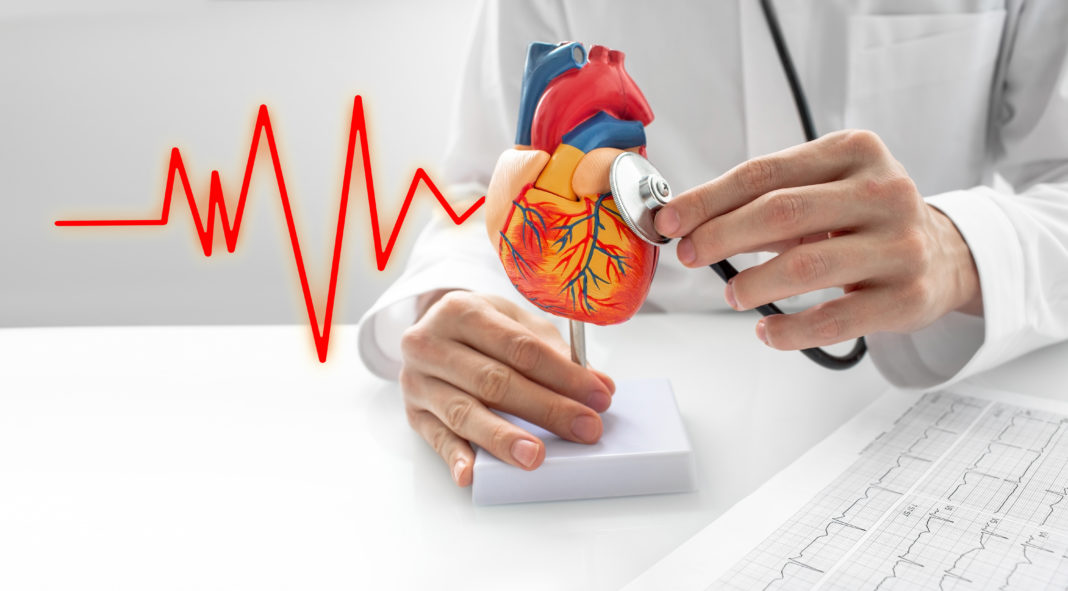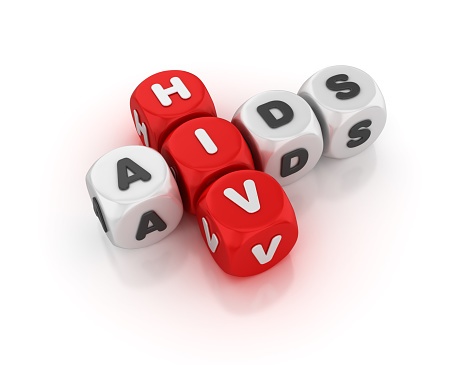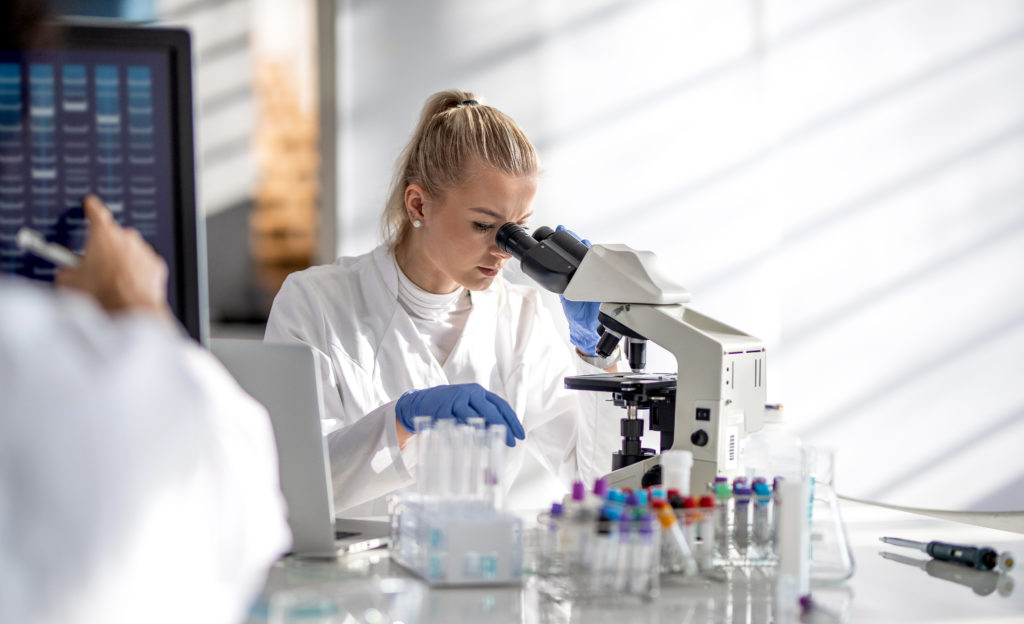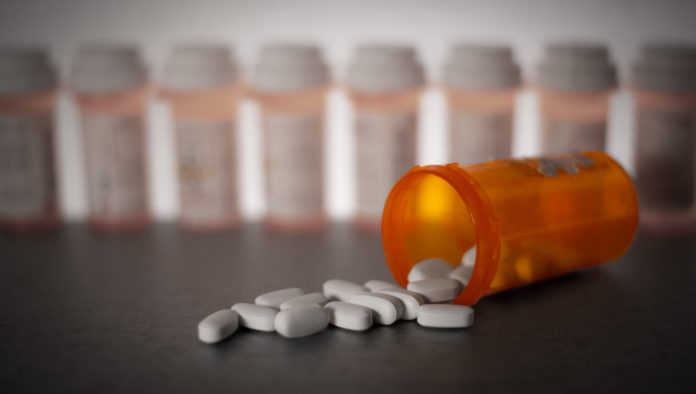Noting that pre-exposure prophylaxis (PrEP) is beneficial for post-partum women, researchers set out to determine if human immunodeficiency virus self-testing (HIVST) for male partners, combined with counseling, may improve PrEP utilization among post-partum mothers. The study, published in Open Forum Infectious Diseases, reported that HIVST for partners plus biofeedback counseling based on real-time adherence measures increased the levels of recent PrEP adherence.
The investigators, led by Dvora Leah Joseph Davey, enrolled post-partum women who initiated PrEP during pregnancy and randomized them to an intervention group, which received HIVST and biofeedback counseling, or a standard of care (SOC) group, which received facility-based HIV tests and routine counseling. The primary outcomes were PrEP adherence in the past 48 to 72 hours via urine tenofovir test and partner HIV testing, assessed one month after randomization.
A total of 106 women (median age = 26 years) were enrolled. At the start of the study, 72% of the women reported missing less than two doses of PrEP in the past seven days, though only 36% had tenofovir present in their urine. One month after enrollment, 62% of the intervention group had tenofovir detected via urine test compared to 34% in the SOC group (risk ratio [RR] = 1.83; 95% confidence interval [CI], 1.19–2.82; p = 0.001). Moreover, two thirds of participants in the intervention arm reported that their partner had self-tested for HIV versus just 17% in SOC (RR = 3.89; 95% CI, 2.08–7.26; p <0.001). Lastly, self-reported PrEP adherence with no tenofovir detected in urine tests was less frequent in the intervention group (17% vs. 46%; RR = 0.33; 95% CI, 0.17–0.67; p = 0.03).
Given that no social or clinical adverse events were reported in the intervention group, the study’s authors concluded that HIVST and biofeedback counseling may increase PrEP adherence in post-partum women, which highlighted “the importance of these interventions to support PrEP in this population.”
Source: Open Forum Infectious Diseases
https://academic.oup.com/ofid/article/9/2/ofab609/6481739?login=false









